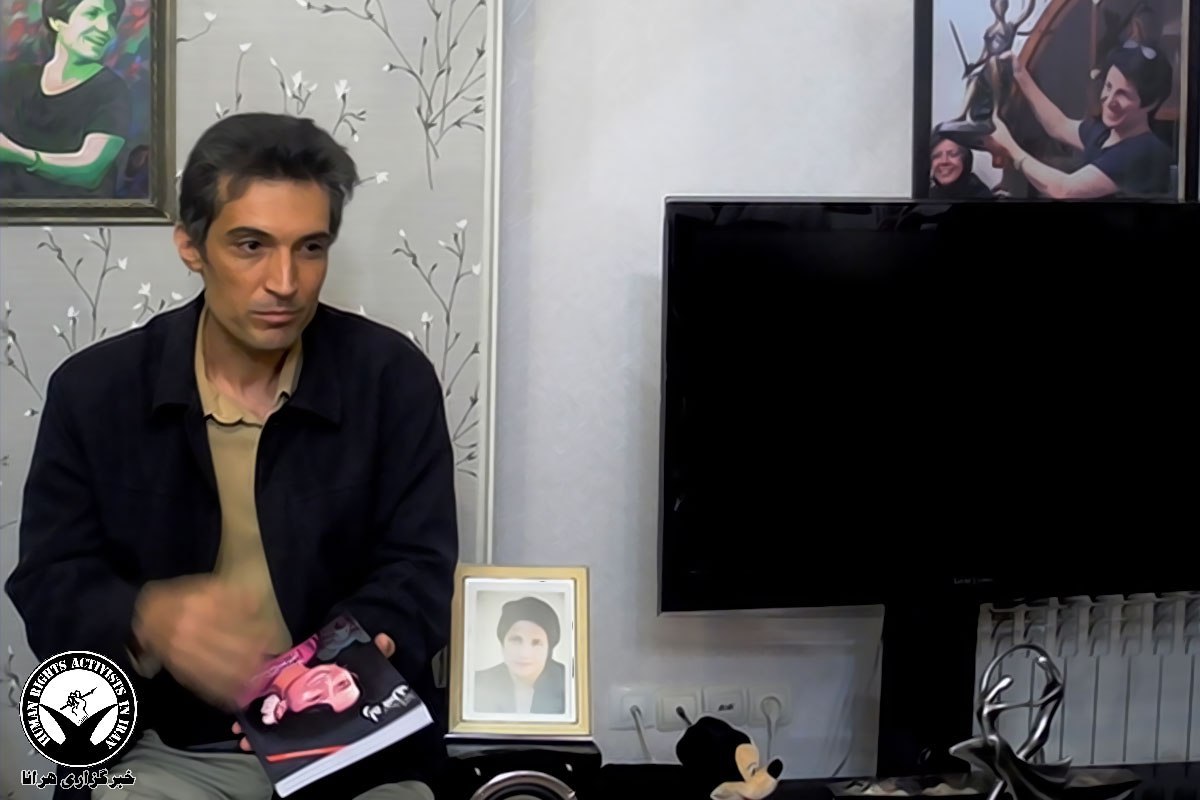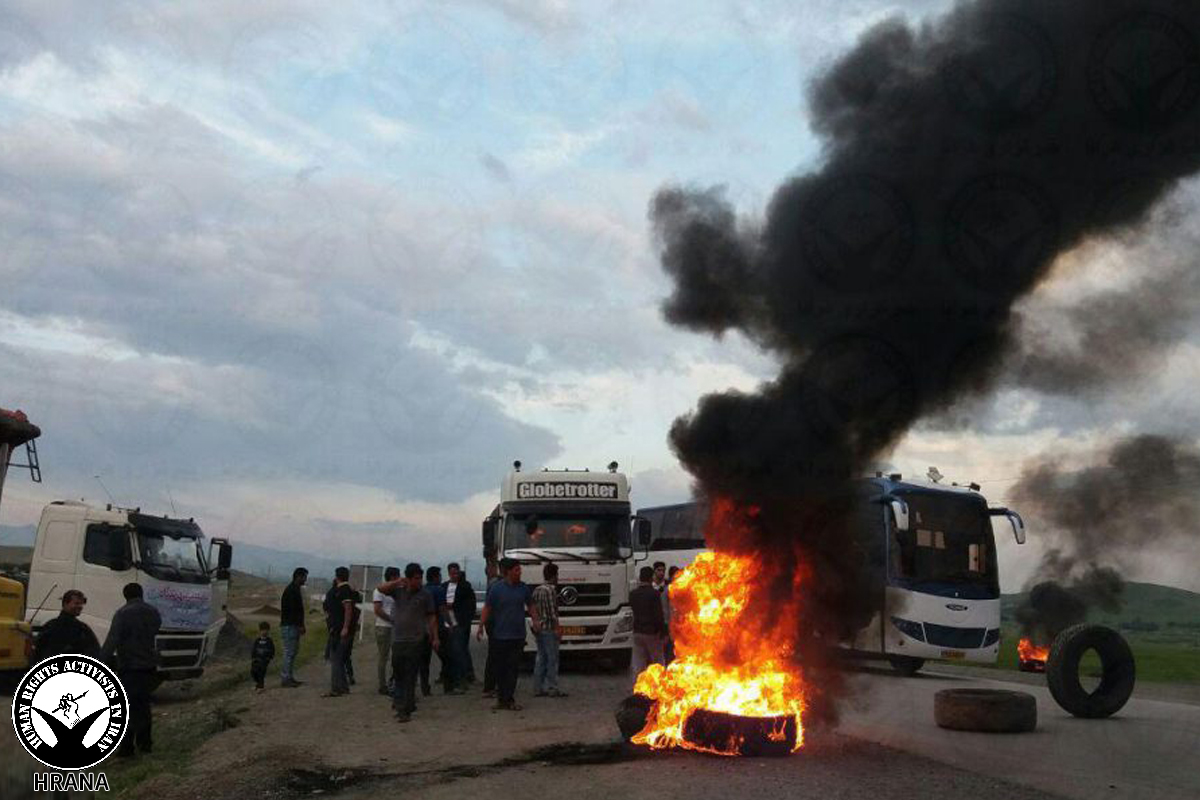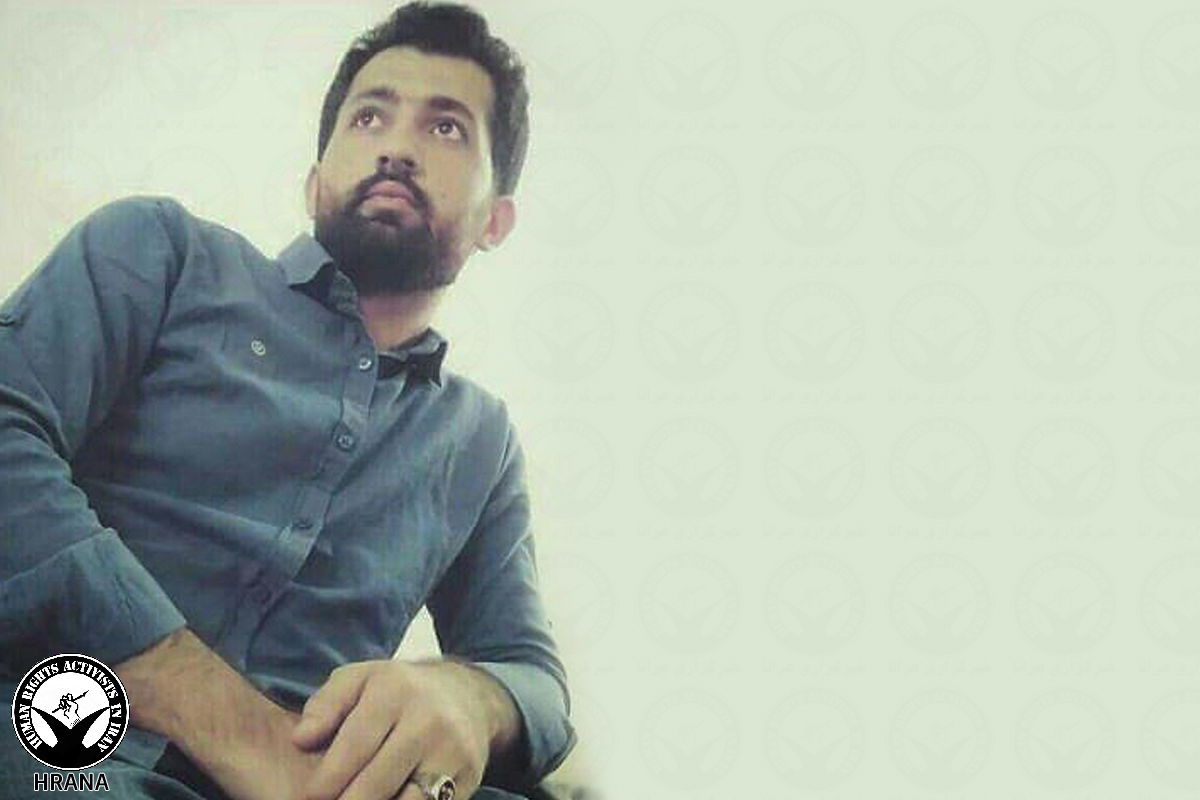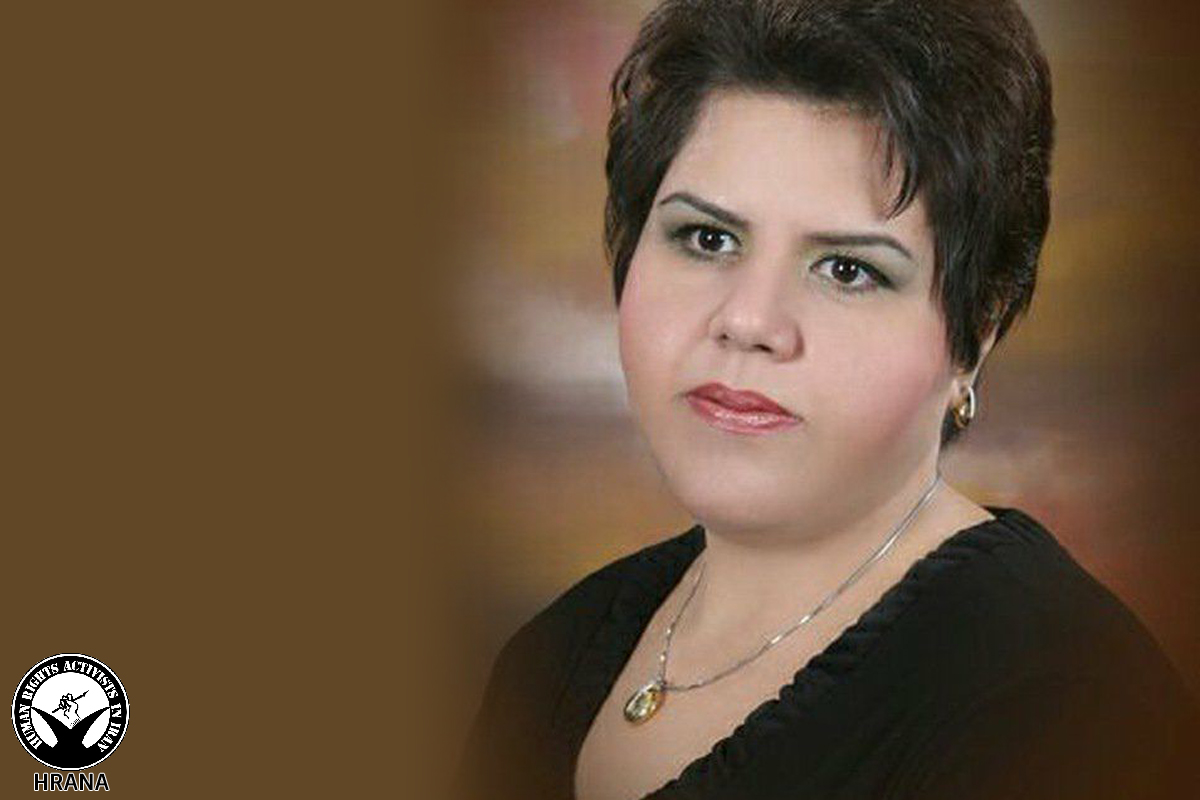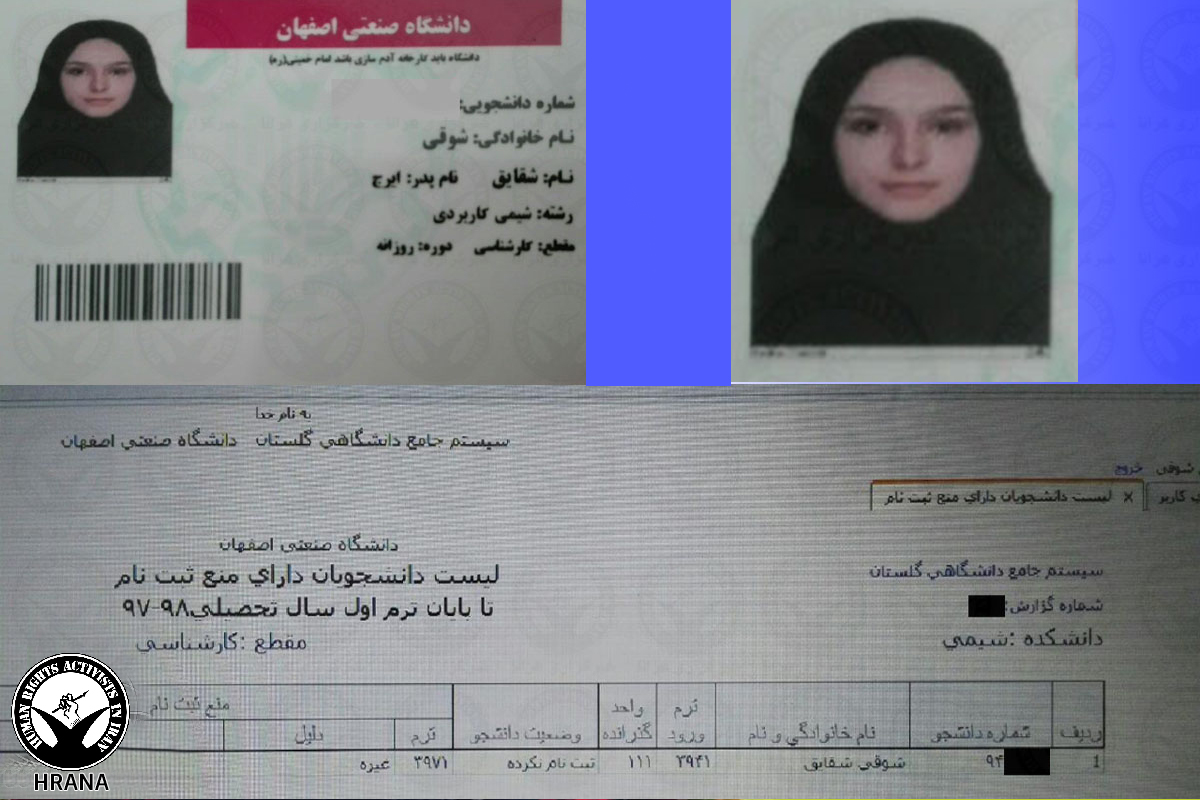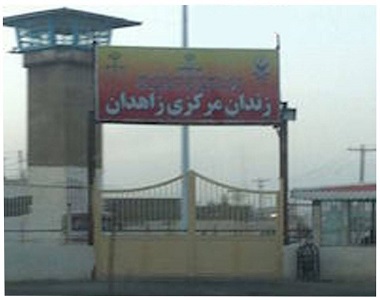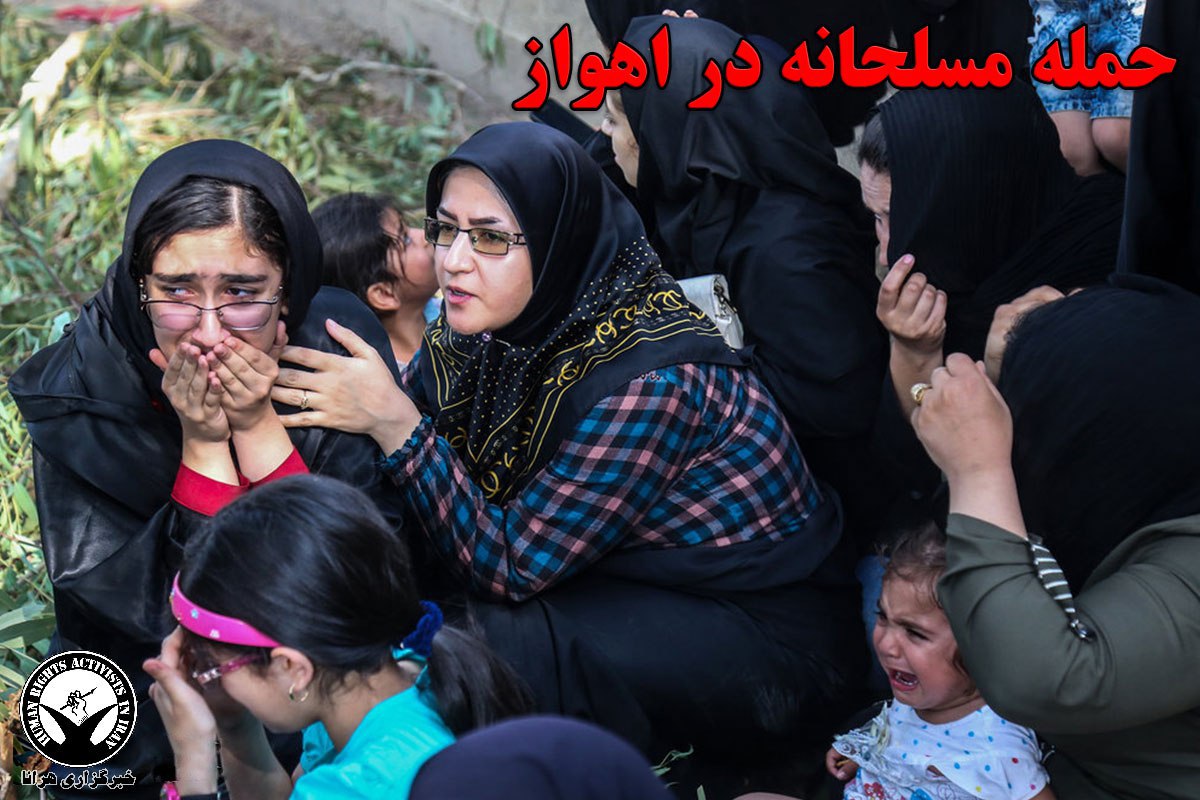Human Rights Activists News Agency (HRANA) – The September 23rd kickoff to this new Iranian school year underlines the absence of a number of Iranian teachers from the classroom, who instead of welcoming a new cohort of students are waiting for their judicial reckoning in prison.
Teachers across the country are serving long sentences or getting lashings for their political and union activism, case developments of which were previously reported by HRANA.
In an open letter titled “The Sound of Freedom,” political prisoner Majid Asadi of Ward 10 in Rajai Shahr Prison, located in Karaj, a northwest suburb of Tehran, pays tribute to these educators, taking from their plight a lesson for the country at large.
The full text of Asadi’s letter is below, translated into English by HRANA:
The Sound of Freedom
The bell rings on September 23rd, announcing the first day of classes. It resonates over empty classroom benches. Sara and Fatemeh are selling flowers at the crossroads. A week ago, they saw Ali and Kamran selling fortunes at the park. The class is quiet. No word from the teacher. The teacher is absent.
“Where is Narges?” somebody asks.
“Her father is in prison, so she won’t come to school this year,” a friend responds.
What proper class can go on without its teacher and students?
“Kids belong in the classroom; nothing should stop them from attending school,” the teacher used to say. When those kids couldn’t afford books and supplies: “They didn’t decide to stop coming one day. No, they didn’t choose poverty and misfortune.” That’s what the teachers would say, back then.
The bell rings on September 24th, the second day of classes. The bell summons kids to a class with no teacher. He has not yet returned. He never will. He won’t be teaching a single class period, because this year, the school bell rings in prison. The teacher transforms his cell into a classroom. He did not want the classroom benches to be empty. He will despair when he learns that Narges, Sara, and Fatemeh aren’t coming to school this year. He will be tormented when he understands that Ali and Kamran can no longer attend.
He will be upset to hear that his colleague nods off in his classes each day, because he stays up late working as the night janitor. Talk of his imprisoned fellow teachers upsets him even further.
“With the teacher in prison and the students wandering the streets, what of learning, of lessons, of school?”
The teachers and students ask these questions of each other.
A third bell rings. The sound of freedom: its reverberations bring the classroom to a frenzy.
Why is the teacher in prison? Why aren’t the students at school? Who put the teacher in jail? Could it be that they imprisoned the teacher so that the students wouldn’t come to school?
If that’s the case, maybe they should imprison the students too; or convert the school into a prison so that the students are not left without a teacher, and so they won’t have to fret over the cost of school supplies.
Neither the teacher nor the student chose poverty; neither the teacher nor the student chose prison.
The hand that wants to erect a prison in the place of a school — the one ready to exchange education and happiness for poverty — must be cut. And the teacher who set out to do so never returned. In that moment, he gave us a lesson.
The teacher told the students, “We shouldn’t have to live in fear all the time. Once we set about our mission, our fear will leave us.”
And so the teacher set about his mission — so that his fear would leave him, he left to put an end to poverty and prison, to set the school free. The homework for all classes this year is freedom.
This is the lesson the teacher has taught.
Majid Asadi
Gohardasht [Rajai Shahr] Prison
Wednesday, September 26, 2018




